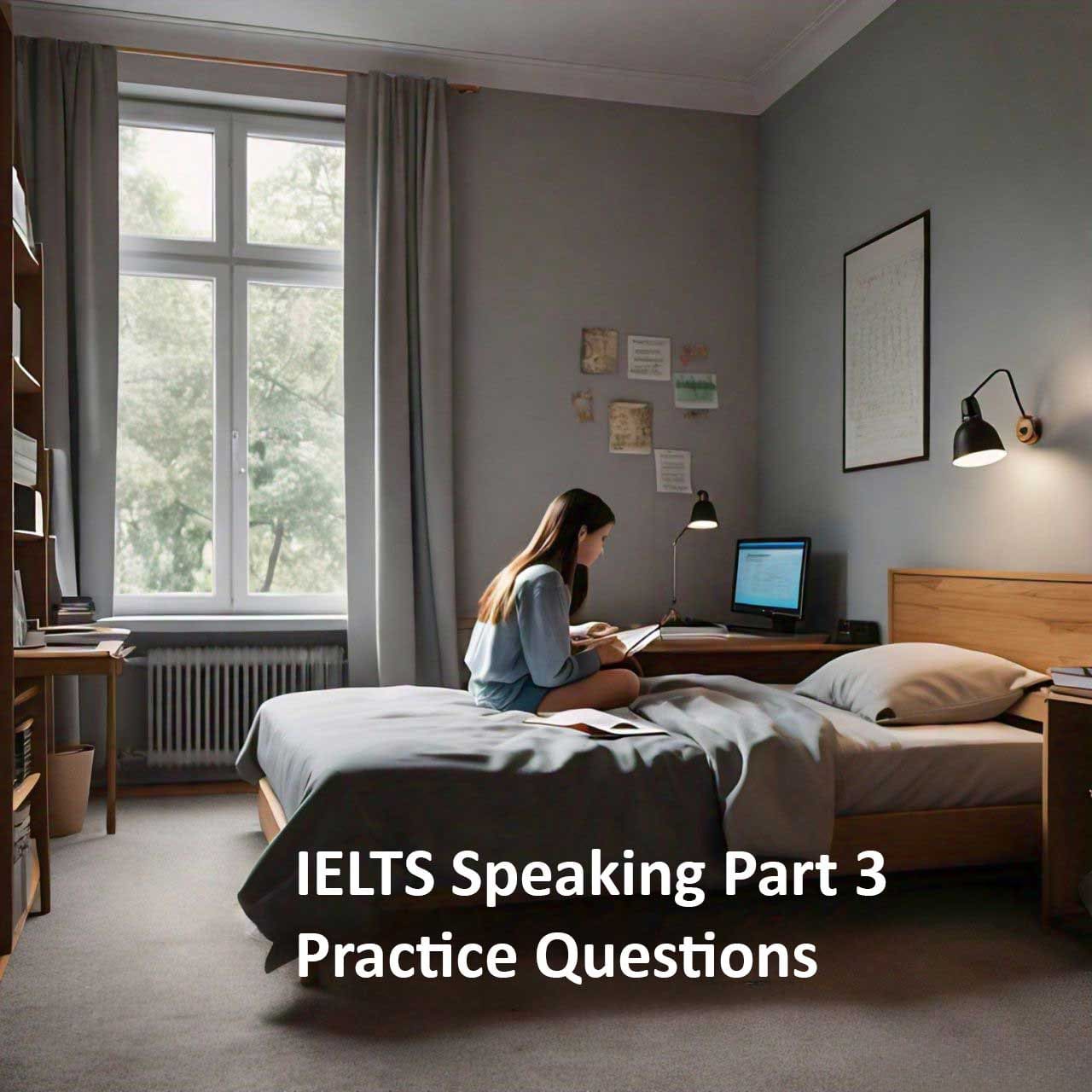Achieving a high score in the IELTS Speaking test requires more than just fluency and confidence. One of the key criteria examiners assess is your grammatical range and accuracy. This means you need to use a variety of grammatical structures correctly to effectively convey your ideas. Here’s a comprehensive guide to help you enhance your grammatical skills and impress your IELTS examiner.
Table of Contents
Understanding Grammatical Range and Accuracy
Grammatical Range
Grammatical range refers to the variety of sentence structures and grammatical forms you use. This includes:
– Simple Sentences: Basic sentences with a single clause. (e.g., “I like reading.”)
– Compound Sentences: Sentences with two independent clauses joined by a conjunction. (e.g., “I like reading, and I also enjoy writing.”)
– Complex Sentences: Sentences with one independent clause and at least one dependent clause. (e.g., “Although I like reading, I don’t have much time for it.”)
– Various Tenses: Using different tenses appropriately. (e.g., “I read every day” vs. “I have been reading this book for a week.”)
– Passive Voice: Sentences where the subject receives the action. (e.g., “The book was written by an acclaimed author.”)
– Conditional Sentences: Sentences expressing conditions. (e.g., “If I had more time, I would read more books.”)
Grammatical Accuracy
Grammatical accuracy means using these structures correctly without making errors. This involves correct verb forms, subject-verb agreement, appropriate use of articles, prepositions, and other grammatical elements.
Tips to Improve Grammatical Range and Accuracy
1. Study Different Sentence Structures
Understanding and practicing different sentence structures can significantly enhance your grammatical range.
– Simple, Compound, and Complex Sentences: Practice constructing sentences of varying complexity.
– Relative Clauses: Use clauses starting with who, which, that, etc., to add more information. (e.g., “The book that I am reading is fascinating.”)
– Subordinate Clauses: Include clauses that provide additional details. (e.g., “I went to the library because I needed some information.”)
2. Use a Variety of Tenses
Ensure you can use different tenses correctly and appropriately.
– Present Tenses: Simple present (e.g., “I read every day”), present continuous (e.g., “I am reading now”).
– Past Tenses: Simple past (e.g., “I read yesterday”), past continuous (e.g., “I was reading when you called”).
– Future Tenses: Simple future (e.g., “I will read tomorrow”), future continuous (e.g., “I will be reading at 8 PM”).
3. Practice Using Conditionals
Conditionals are useful for discussing hypothetical situations.
– Zero Conditional: General truths. (e.g., “If you heat water, it boils.”)
– First Conditional: Possible future events. (e.g., “If I study hard, I will pass the exam.”)
– Second Conditional: Unreal present or future situations. (e.g., “If I had more time, I would travel more.”)
– Third Conditional: Unreal past situations. (e.g., “If I had studied harder, I would have passed the test.”)
4. Learn and Use Passive Voice
Using passive voice can vary your sentence structure and show grammatical sophistication.
– Active Voice: “The committee approved the new policy.”
– Passive Voice: “The new policy was approved by the committee.”
5. Pay Attention to Accuracy
Grammatical accuracy is crucial. Make sure you:
– Subject-Verb Agreement: Ensure the subject and verb agree in number. (e.g., “She reads” vs. “They read.”)
– Correct Use of Articles: Use “a,” “an,” and “the” appropriately. (e.g., “a book,” “an apple,” “the sun.”)
– Prepositions: Use prepositions correctly in context. (e.g., “interested in,” “good at.”)
6. Practice Speaking Regularly
Regular practice is essential to improve your speaking skills. Here are some ways to practice:
– Language Exchange: Partner with a language exchange buddy to practice speaking.
– Mock Interviews: Simulate the IELTS Speaking test with a teacher or a friend.
– Record Yourself: Record your speaking practice and listen to identify errors and areas for improvement.
7. Get Feedback
Constructive feedback helps you identify mistakes and improve.
– Teachers and Tutors: Seek feedback from experienced teachers or tutors.
– Online Communities: Join online forums and communities where you can share recordings and get feedback from peers.
8. Study and Mimic Native Speakers
Listening to and mimicking native speakers can help you understand the natural use of grammar.
– Podcasts and Videos: Listen to English podcasts, watch movies, or TED Talks.
– Shadowing Technique: Listen to a native speaker and repeat what they say, mimicking their pronunciation and intonation.
Practice Exercises for Grammatical Range and Accuracy
Here are some practice exercises to help you improve:
1. Transform Sentences
Take simple sentences and transform them into compound and complex sentences.
– Simple: “I like tea.”
– Compound: “I like tea, and I also enjoy coffee.”
– Complex: “Although I like tea, I often drink coffee because it keeps me awake.”
2. Tense Transformation
Practice writing sentences in different tenses.
– Present Simple: “She walks to school.”
– Present Continuous: “She is walking to school.”
– Past Simple: “She walked to school.”
– Future Simple: “She will walk to school.”
3. Create Conditional Sentences
Write sentences using different types of conditionals.
– Zero Conditional: “If it rains, the ground gets wet.”
– First Conditional: “If it rains tomorrow, we will cancel the picnic.”
– Second Conditional: “If I were you, I would apologize.”
– Third Conditional: “If I had known, I would have helped.”
Conclusion
Improving your grammatical range and accuracy is essential for a high score in the IELTS Speaking test. By studying various sentence structures, practicing different tenses and conditionals, using passive voice, and seeking regular feedback, you can enhance your speaking skills significantly. Remember, consistent practice and a proactive approach to learning are key to mastering these skills. With dedication and effort, you can achieve the grammatical proficiency required to excel in your IELTS Speaking test and beyond.



